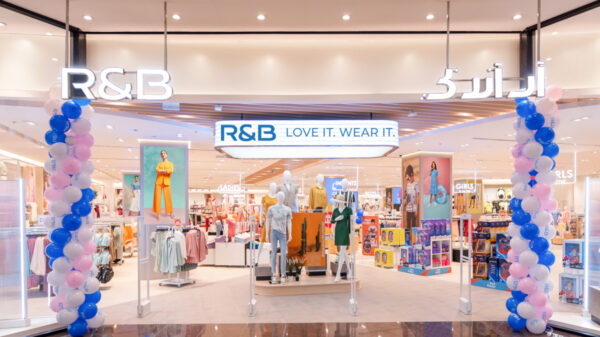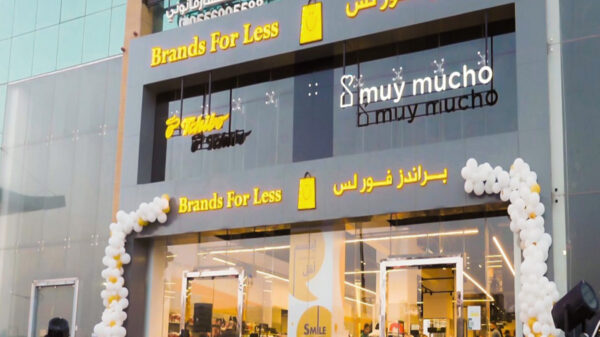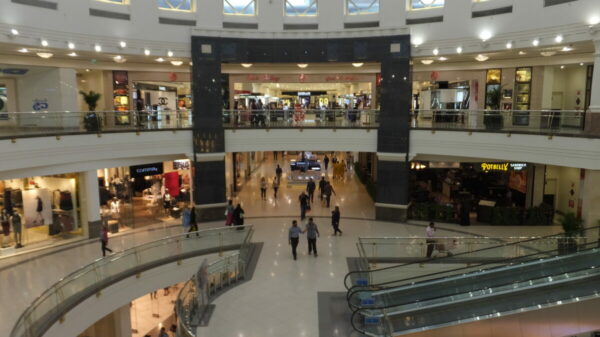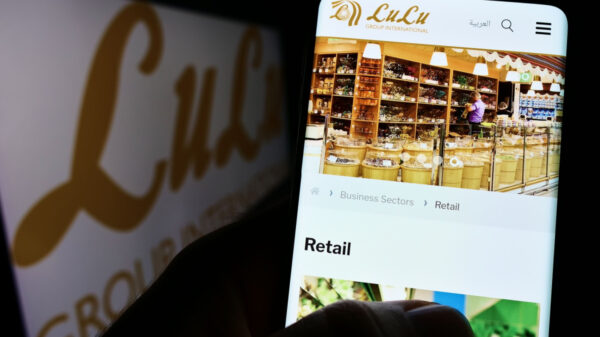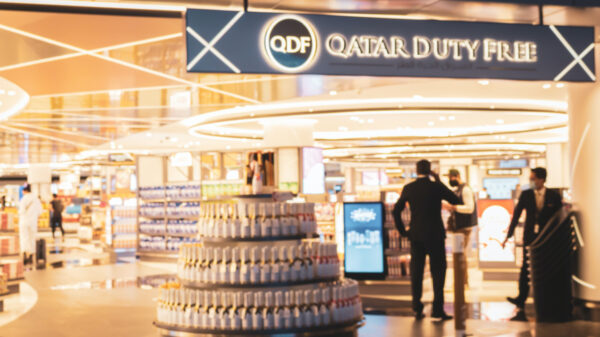German market intelligence company GfK has said that consumers in the UAE will continue to shop online, and that shopping behaviours adopted during the Covid-19 pandemic are here to stay.
“Before Covid-19, the share of online purchases constituted less than 20 per cent of overall sales. However, this shot to above 26 per cent during the pandemic. This has now stabilized to around 22-23 per cent, which means that online shopping in the UAE is holding on to most of its gains,” Hakim Amar, Head of Retail Partnerships, MENAP (Middle East, North Africa and Pakistan) at GfK, told local newspaper Khaleej Times in an interview.
The company said that in the last six months, 72% of UAE consumers questioned said they did internet research before making a purchase, and an incredible 86% of those consumers said they used a shopping app to complete their transactions.
Furthermore, GfK’s latest report on the 2023 consumer outlook noted that in the Middle East and Africa, the value share of e-commerce sales has tripled between 2019 and 2022 to 15 per cent. Apart from this, the region also recorded a three per cent growth in overall sales value from 2021 to 2022, which stood at $26b.
The report also highlighted that panel TVs (PTVs) are likely to do well this year. Because of “large screen sizes gaining traction due to better pricing and availability. This has helped tap into important niche consumer as we are witnessing rising demand for those sets that are bigger than 80 inches, even 10 inches,” Mr. Amar said.
Meanwhile, personal computers (PCs) recorded 15.1 per cent growth, with the gaming PC market surging ahead with 25.2 per cent increase, the data showed.
This PTV category, which has increased by 23%, is predicted to continue performing well and reaching a wider population in 2023, according to GfK data.
Globally, e-commerce platforms saw gains during the pandemic induced lockdown, but sales dipped when physical stores opened up.
“There are so many different forces now that are shaping consumer behaviors,” said Eric Wagatha, Head of Consumer Life at GfK in the same report.
“There’s a return to life outdoors and at the same time an ongoing rise in hybrid or remote work, as well as shifts in how consumers engage with different channels thanks to their evolving relationship with digital devices. Now more than ever, what organizations need is real-time insight into this behavior, with the last two years amplifying the speed with which consumer behavior and priorities can change” he said.
GfK focuses primarily on the markets for technological consumer goods (TCG). Retailers have changed in the post-Covid era, claims GfK. In order to succeed in the market, they will need to consider three crucial criteria in the upcoming years: product assortment, price and promotions, product bundles, and retailer positioning.
“This promotional variant is a very important factor for the approach of the UAE consumer in general,” Mr. Amar said.
With a continuous promotional calendar throughout the year, events like DSF, Ramadan, Eid, and the Dubai Summer Surprise, generate about 46 per cent of the annual TCG revenue in the UAE, according GfK data.
“Smartphones sales in particular are very dynamic. In the coming 12 months, availability and brand equity will play a pivotal role in purchase behaviour. We have seen that while the price conscious consumers are willing for the right promotion, there is a sizeable proportion of buyers who value the brand and will spend the extra dirham to get what they need.” Mr. Amar concluded.
The company’s AI-supported intelligence platform known as “gfknewron” was launched in the UAE in 2021. The company says that internet sales channels in the UAE are becoming more important as a result of growing consumer trust and the digitization of the buying process.

